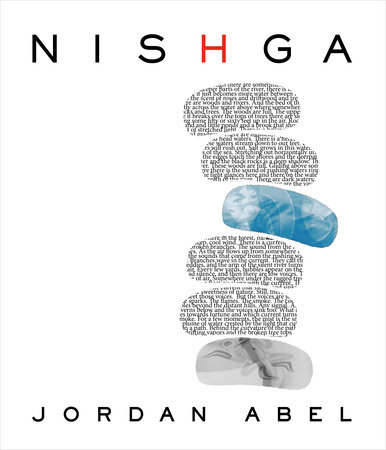Jordan Abel
 Email This Post
|
Email This Post
|  Print This Post
Print This Post
The writer, educator and poet Jordan Abel discusses his new book Nishga (McClelland & Stewart, 2021), with Joseph Planta.
 |
Nishga by Jordan Abel (McClelland & Stewart, 2021).
Click to buy this book from Amazon.ca: Nishga |
Text of introduction by Joseph Planta:
I am Planta: On the Line, in Vancouver, British Columbia, at TheCommentary.ca.
Jordan Abel has written what is described as a groundbreaking book. Nishga is that, as well as deeply personal, raw, breathtaking, and moving. The Nisga’a writer looks at his relationship with identity. It’s something he contends with regularly, because people want to know what he is, where he’s from, or who he is. It’s tiring, and if he chooses to engage, he’s often met with resistance, an argument, or outright scorn. I ask him about that, as well I ask him about being an intergenerational survivor of residential school. It’s a trauma that has shaped his life, and it’s often ignored or dismissed. The book is also poetry, it’s pieces of memoir, it’s transcripts of talks he’s given, it’s photography, screenshots, as well as court documents. Taken together, they’re all part of his life, his story. Jordan Abel is an award-winning poet, author of among other things: The Place of Scraps, and Injun. The former, winning the Dorothy Livesay Prize, and the latter, receiving the Griffin Poetry Prize. Jordan’s work has been anthologised in a number of publications, and he recently completed a Ph.D at Simon Fraser University. He joined me from Edmonton, Alberta, where he is an Assistant Professor in the Department of English and Film Studies at the University of Alberta, where he teaches Indigenous Literatures and Creating Writing. Visit www.jordanabel.ca for more information, his Twitter handle is @jordoisdead. This book is published by McClelland & Stewart. Please welcome to the Planta: On the Line program, Jordan Abel; Professor Abel, good morning.
Podcast: Play in new window | Download (24.0MB)
Subscribe: RSS

